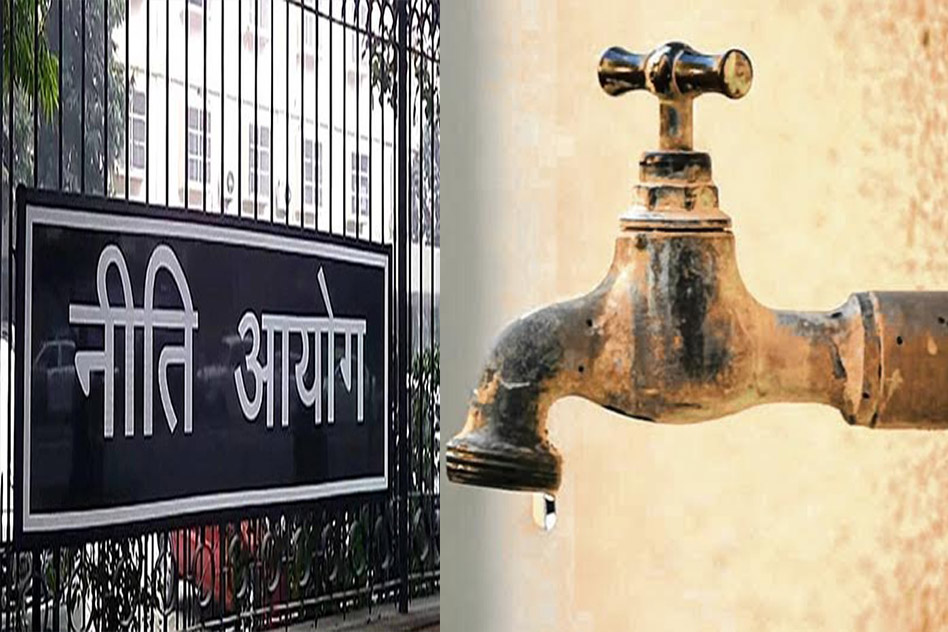
India Suffering From Worst Water Crisis In Its History: Niti Ayog Report
12 Aug 2018 9:32 AM GMT
Editor : Ankit Sharma Sharma
Green tea Addict | A Tree Hugger | Born for Change
Niti Aayog published a report titled ‘Composite Water Management Index’ CWMI released by the minister for water resources, Nitin Gadkari, claiming that India is suffering from ‘the worst water crisis’ in its history.
NITI Aayog has ranked all the states through first of its kind index on the composite water management, comprising nine broad sectors with 28 different indicators covering various aspects of resource augmentation, supply infrastructure, demand management, watershed development, water supply and sanitation in rural and urban areas, and policy and water governance, as reported by the Economic Times
Water scarce states like Gujarat, Madhya Pradesh, and Andhra Pradesh are high performers in the composite water management. Seven states have scores between 50-65 (including two North-Eastern and Himalayan states) and have been classified as medium performers. Alarmingly, 60% of states (14 out of 24) have achieved scores below 50 and have been classified as Low performers as mentioned in the report. The low performers on the Water Index UP, Bihar, Rajasthan, Haryana, and others are home to 50% of the country’s population and 20-30% of India’s agricultural output based on the Niti Ayog report.
As per the report, one of the critical challenge driving this crisis is the lack of water data. Data systems related to water in the country are limited in their coverage, robustness, and efficiency. This crisis is further driven by a poorly defined legal framework for groundwater that rests ownership with landowners and leads to unchecked extraction.
Composite Water Management Index
‘Composite Water Management Index’ measures both the overall progress made by states in water management and the incremental improvement in performance across time. The results of the entire exercise will now be used to propel action in the states to improve water outcomes, besides improving data collection and performance monitoring mechanisms. The central government should provide financial incentives to states to improve performance in irrigation management. Linking of the national rivers will be very effective to avert water shortage.
Currently, 600 million Indians face high to extreme water stress and about two lakh people die every year due to the deprivation of safe water. It is believed that by 2030, the country’s water demand will pass twice the available supply, implying severe water scarcity for hundreds of millions of people and an eventual 6% loss in the country’s GDP as per the report.
Currently, India is ranked 120th amongst 122 countries in the water quality index, and 70% of the water is contaminated, as reported by Times of India
 All section
All section













